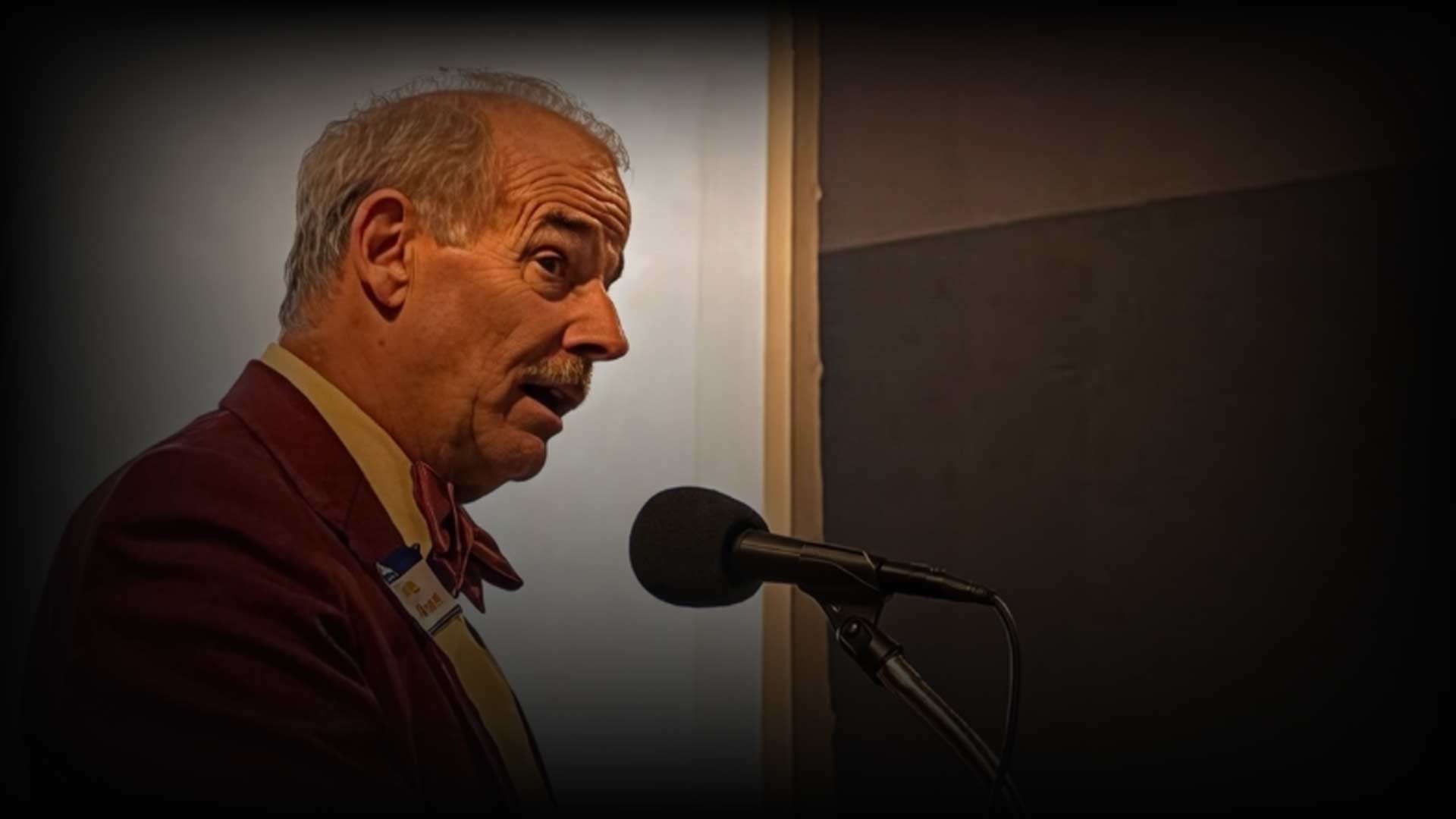
After an emotional and somewhat philosophical discussion about gender identity, religious freedom and discrimination, the Ketchikan Borough Assembly voted 6-1 in favor of a resolution asking the Alaska Legislature to pass a law that prohibits discrimination based on sexual orientation or gender identity or expression throughout the state. Susan Pickrell was the only Assembly member who voted against the ordinance.
Immediately following the Sept. 17 vote, Borough Mayor Rodney Dail said he would veto the ordinance because it asks the State Legislature to violate constitutionally guaranteed religious freedoms which would ultimately lead to persecution of Christians in Alaska.
Certain communities across the state have already passed sexual orientation and gender identity laws that require private businesses, nonprofits, schools, religious groups and others to violate deeply held religious beliefs regarding human sexuality when operating in the public square. These bills add “sexual orientation, gender identity or expression” to the list of protected legal classes. Across the country, these types of laws have forced people out of business for refusing to promote activities that run contrary to their beliefs.
…this is transferring offence from one group to another.
Anchorage, Sitka, Juneau, Fairbanks and Bethel have adopted such laws in recent years, but the Legislature has not imposed such across the entire state.
Moments before the Assembly voted, Mayor Dail explained why he strongly opposed the measure.
Here’s what he said:
- “I think 99% of the businesses that are Christian owned, you probably don’t even know it. You go in there and buy a product. They really don’t care who buys the product. But I think where the rub starts is where a Christian business produces a unique product and that product is used to celebrate something that goes against their religious beliefs. I guess I would ask this group, how is this not transfer discrimination – just transferring it from one group to another? How is this resolution not anti-Christian? You tell me another group that you’re aware of that claims an unwillingness to provide a product or service based upon their faith. How can the Legislature act upon this resolution without discriminating against those who are exercising their faith as mentioned in Amendment 1 of the Bill of Rights? Not just the right to believe, but the exercise of that belief? And if passed, wouldn’t this resolution in essence be stating that you believe that the offense of a person who is unable to buy a product or service in a specific location is greater than the offense of a person unable to exercise their faith as they see fit? I mean, if I can’t buy flowers at one location, I can always go down the street and buy flowers from another place. But if I sacrifice my convictions and my faith, I can’t go down to Walmart and buy more conviction. I believe this is transferring offence from one group to another, and more than that I believe it’s going to lead to Christian persecution.”
He then spoke to the local city law which recently passed in Ketchikan, but not throughout the entire borough.
What I see happening from the city ordinance, is somebody at some point is going to go into that business, probably with a lot of hate in their heart, and they are going to try to get them to do something just to test the waters,” he said of the city law. “They don’t do it; they’re probably going to get sued. If they can’t afford to fight that lawsuit, they go out of business.”
…this action would lead to Christian persecution in our community
Following the Assembly’s 6-1 vote in favor of the ordinance, the mayor took the floor once more to inform the group that he would be issuing a veto.
He articulated following rationale:
- “In essence, this will be vetoed because the requested action would be a violation of the constitutional rights of the citizens of the borough, specifically Amendment 1 of the Bill of Rights prohibiting the government from interfering with the free exercise of religion. That this action would lead to Christian persecution in our community by empowering individuals to use the proposed law to force Christian owned businesses to compromise their religious beliefs or face lawsuits and civil penalties designed to force their compliance or shut them down. And finally that the offence of a group not being able to buy a product or service at a specific location when there are likely other locations to buy the product or service is not of a greater governmental concern than the offense in violation of constitutional rights that would be directed specifically against the Christian members of this community. The clerk will inform the assembly of your rights to revisit this matter at the next regularly scheduled Assembly meeting. And if you desire, you can attempt to override my veto.
Mayor Dial ended by saying he simply could not have any part of the ordinance.
“It’s no hard feelings on my part,” he said. “I just cannot have that on my hands.”
It will take a two-thirds vote of the Assembly to override the mayor at their next meeting on Aug. 31.







